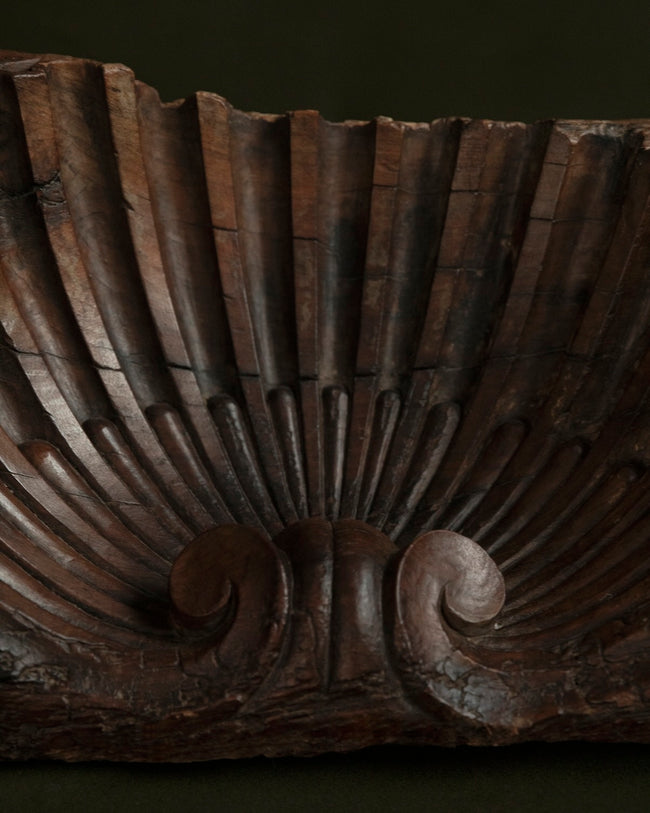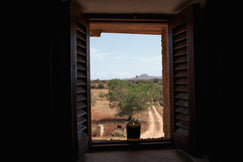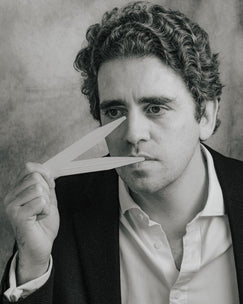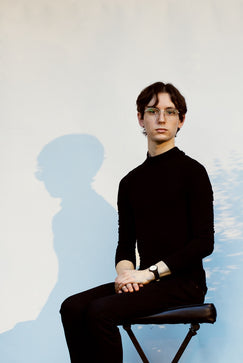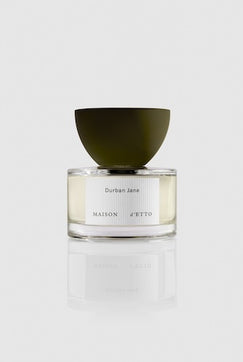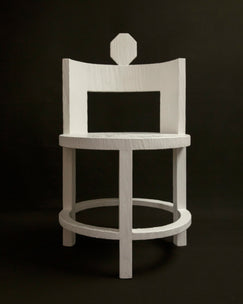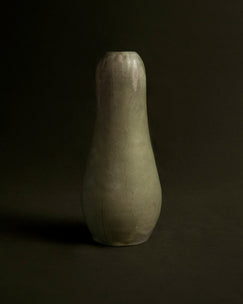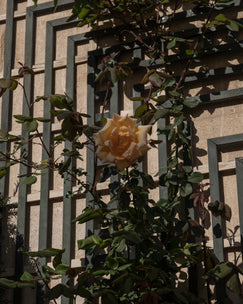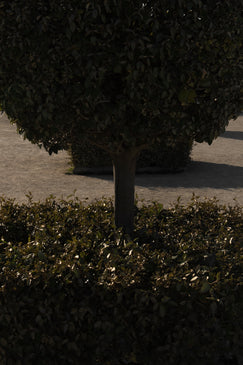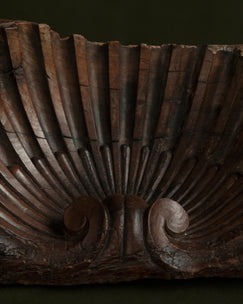M d. E What fragrance did you create for MAISON d’ETTO and why?
I created Rotano and Karat. When I first met Brie and learned about the project I immediately had a connection to her love of horses, which quickly drew me into the brand. I live in Bedford, New York, and I have always been fascinated by the stables surrounding me. My brother-in-law has a horse farm, and it’s always something that has interested me.
After the initial briefing of the first collection, Brie and I went to meet Karat at one of the beautiful horse farms near Bedford- Sunny Fields Farm. Once there, I was able to smell the different olfactive impressions of the farm; the barn, wood, saddles, feed, the horse itself, the dirt, grass, and hay. Everywhere you turned there was a new mixture waiting for you, which are experiences that I treasure at the beginning of a new project. One of the biggest surprises to me was that I expected to experience pungent horse smells in the barn, but on the contrary, there was a softness to everything instead. That imprint greatly impacted my creations for Maison d’ Etto moving forward.
This overall experience helped me navigate my creative instincts with the two fragrances. Rotano, a mesmerizing stallion that we wanted to make into a signature leathery fragrance, and Karat, a showstopping supermodel whose personality fit perfectly into the iconic structure of a chypre.
M d. E Where are you originally from and when did you realize you wanted to work in fragrance?
I was born in Tangiers, Morocco. I was not brought up thinking about it. When I was studying chemistry in Toulouse, France part of the program was to venture to Grasse to train in the south of France. In August, it’s often the case that people take their long summer holiday in Europe, and that’s when I arrived. It just so happened that the person that was supposed to train me went on a sailing adventure for the month. As a student, I had to complete the course and knew I needed to find a way. I was left to really learn all the wonderful ingredients displayed in the L'orgue à parfums. With curiosity and drive, I taught myself so much that summer. I fell in love with perfumery and knew I had discovered a new path.
My father was a pharmacist and was already experimenting with plant extracts for medicine, but I wasn’t interested in that. I always loved the science behind what he was doing, but I guess in a way I found a field where the two blend beautifully together.
M d. E What is your process in creating a fragrance?
Like many other creative processes, as a perfumer you let your mind wander and go into a dream-like state to imagine the possibilities. Then I start to narrow in on my olfactive image. I take into account so many potential integrations: smells, feelings, colors, experiences, and memories, and those eventually push you in a direction to begin exploring and creating. Once I decide on a direction, I smell through the experimental results and each time there is something new and exciting, but my goal is to try to capture that olfactive image. What I find fascinating is that sometimes the process is very long, and other times, it happens right away. I also love working with a team of evaluators and colleagues to make sure we align on the vision.
M d. E What moves you about scent?
The emotional power that it has. Fragrance is like a work of art; each fragrance has a strong emotional impact on the wearer.
M d. E Who were your biggest mentors and what did you learn from them?
I had three very important mentors in my life. It is important to note that at the time I was learning the art of perfumery, there wasn’t a school to attend. The direction to take was mentorships and self-education to learn the craft and heritage. It was also a time when chromatography was being introduced. This is where I would get many answers to my inquisitive questions of why things worked or didn’t work. I could smell something and then run it through the machines to understand the compositions.
My principal mentor was the IFF Chief Perfumer, Ernest Shiftan. Working with him, I learned a sense of the history of fragrance for the ages. He also taught me that you could have a place in that history, which always inspired me. He taught me more to learn from experience. and that we can grow through making mistakes. My second mentor was another IFF Chief Perfumer, Bernard Chant. Under his mentorship, I learned to have very thorough formulations and to create in a very methodical and precise way. I also studied with IFF’s Chief Perfumer Max Gavarry in Paris, who helped me with a two-year challenge to understand all the classics of perfumery. Each month, I would tackle one classic to know it in and out, which is another foundational part of learning the craft, science, and art of this field.
M d. E What was your first scent memory or what scent evokes the strongest memory for you?
There is only one time that I can recall that I dreamt of a small so purely and potently that it woke me up out of a deep sleep. The dream was about Jasmine, and in the dream, it was so overwhelming that it triggered my brain to wake me up to smell it in real time only to find out that it was a dream! I’ll never forget it.
M d. E What fragrance do you wear?
I don’t really wear fragrance now because I have to constantly evaluate and create and you don’t want anything to compromise the current project you’re working on. However, when I was younger, and not a perfumer, I would sometimes wear the cologne that my father would wear by Balmain that had a strong verbena signature.
M d. E Where do you dream of traveling?
I dream of traveling to Burma. Right now any adventure seems exciting!
M d. E Who or what inspires you?
I have always been a curious person that loves to find inspiration in everything and everywhere.
M d. E I hear you have a sweet tooth. Do you cook or bake? What are your favorite recipes or desserts?
I do have a sweet tooth! But I do not bake or cook. My favorite recipe is one of my mother’s that is an artichoke dish with bitter orange slices, which leaves a delicate flavor.
M d. E You originally trained as an engineer. Does this influence your work today? What made you make the switch?
I was originally trained as a chemical engineer and a chemist. It does influence my work every day. I’m constantly trying to align science and artistry, and with my background I tend to lean more on the scientific part. I always try to figure out the ‘why’ when creating because that’s part of your training in chemistry.
M d. E What’s next for you
Quite simply, to continue creating.
